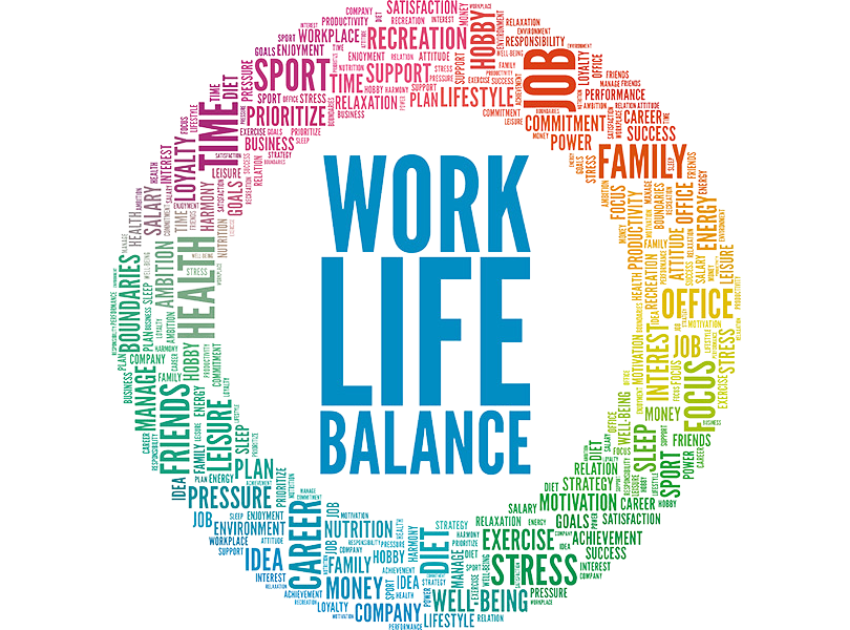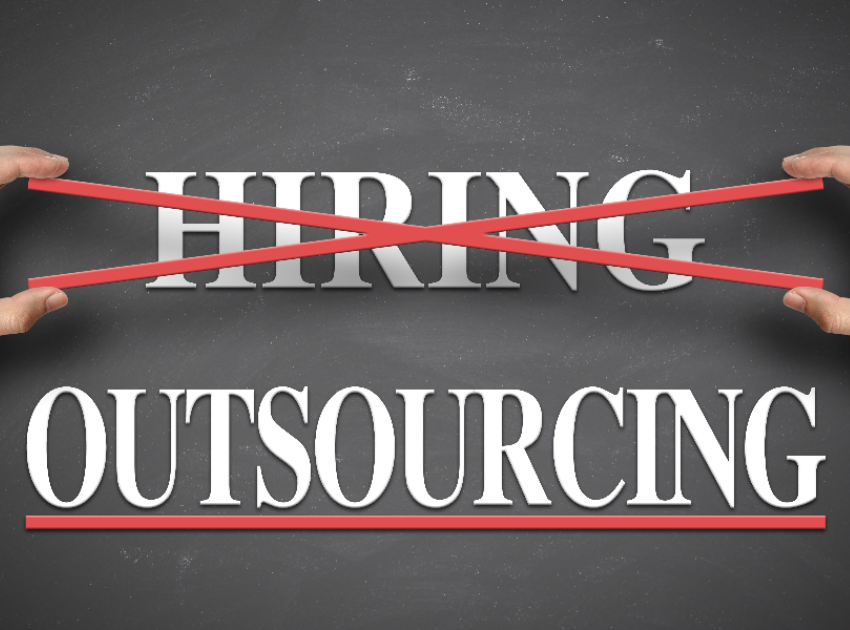They say the brighter you shine, the faster you burn out. However, as you strive to grow your business or get that next promotion, you don’t want to settle for mediocre. You push yourself to your limit for days, weeks, and months hoping to achieve your professional goals. But is it costing you your health, and how would you know?
According to Psychology Today:
“Burnout is a state of chronic stress that leads to:
– physical and emotional exhaustion
– cynicism and detachment
– feelings of ineffectiveness and lack of accomplishment
As someone who may be on the rise professionally, it may be hard for you to realize you are burning out. You may even think some of the signs of burnout are simply the result of one long work week or just that one complicated project. When you treat it as if it is a normal, acceptable result of hard work, it becomes harder to change the narrative or even help others heading for a breakdown.
So how do you shoot for the stars in your business or the workplace without crashing?
Here are five ways you can help avoid professional burnout.
Take a Break
Taking a break or a vacation as a professional may prove difficult for some because it never seems like the right time. However, taking time away from work can help break up stress, improve productivity, and increase focus.
While you may have convinced yourself that a little stress is a good thing, prolonged periods of stress can cause health issues such as headaches, gastrointestinal issues, and even a heart attack. Try to be proactive in minimizing stress and allow yourself time away from work.
If an actual vacation is not in the cards, start small by taking a day off from work or taking regular walks around the office. Even the shorter breaks will allow you to improve the unproductive stress cycle and often give you a chance to come back to work with new ideas and a sharper focus.
Exercise
Walking breaks around the office are helpful to disrupt the stress of your day; however, consider adding an exercise routine to your schedule.
According to a study by the National Institutes of Health:
“Cardiovascular exercise was found to increase well-being and decrease psychological distress, perceived stress, and emotional exhaustion. Resistance training was noticeably effective in increasing well-being and personal accomplishment and to reduce perceived stress.”
Don’t allow the excuse of time or lack of a gym membership to prevent you from exercising. Start with 5-minute workouts and see how you feel. Once you notice the difference it makes in your day, try longer workouts to improve your mental and physical health.
Meditate
Can’t get away from the office while dealing with a stressful day? Try meditation. Meditation is shown to decrease stress and anxiety, increase focus, and even help relax the muscles of stress tension headaches.
Start meditating five minutes a day by sitting on the floor, closing your eyes, and taking deep breaths. Try to increase your meditation overtime to 20 minutes. No incense is required.
Sleep
Sleep is tricky when it comes to burnout. Often stress at work can cause insomnia, contributing to burnout, but it can also be the result of that breakdown. So to tell you that sleep helps avoid burnout seems slightly ironic.
Figuring out how to improve your sleep during stressful times is beneficial in breaking the vicious cycle. Try to develop a bedtime routine that will help you find calm before you sleep to fall asleep and stay asleep.
Before you go to bed, minimize your screen time. The light from an electronic device keeps the mind engaged and can also reduce melatonin. Instead, try reading a book and drinking a warm, caffeine-free drink before bed.
Ask for help
If you sense you are heading for a burnout, ask for help. Often people who suffer from burnout are overachievers and feel as though they can handle a situation alone. However, asking for help does not discredit your hard work.
Learn to verbalize when you are overwhelmed and stressed. Allow yourself to delegate tasks without fear. Talk to someone when your mental health is suffering, whether it is a friend or a therapist.
As a professional, it is essential to know that you can take steps to prevent burnout and that you don’t have to do it alone. Don’t normalize work stress; change the narrative by taking care of yourself.





